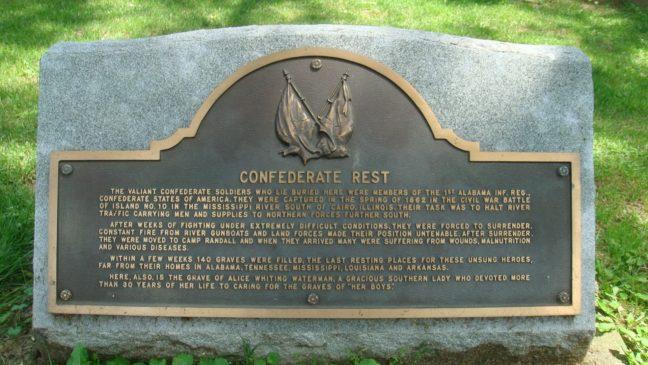A countless number of flat stones marking the bodies of young men who died over 70 years ago lie in Normandy, France.
Each grave holds lives that were lost. Those lives had people who loved them. Parents cried when their sons never returned. Wives wept, having lost the men they loved dearly. Children grew up without a father.
These men died in a country that wasn’t their own. And yet, the French tend to those graves.
In the village of La Combe, 21,222 of these graves hold the bodies of Nazi soldiers.
Claudia Hennen wrote an article for the German Deutsche Welle in 2012, where she depicted the story of a French woman.
Charlotte Dubost was forced to work for the German war machine in France during World War II when she was young. Despite this, she comes to the German cemetery regularly to maintain the graves.
“After the war, there was a German couple who came here,” Dubost said in an interview with Hennen. “They had lost both of their sons here in Normandy. Each year, they visited the graves of their children. One day, they asked us whether my husband and I could maybe look after the two graves. And for many years now, that’s what we’ve been doing. It was not easy at the beginning, but after all, we have children of our own and we know that those young Germans had never asked to come here and die.”
To Ms. Dubost, the German cemetery in La Cambe is a symbol of unification. The French were invaded by a country that stood for beliefs they didn’t embrace. And yet, the local citizens are still moved to continuously show up and tend to graves. They have compassion and respect for the dead. The actions of the French are the result of recognizing the humanity in their enemy, and not ideology or politics.
Confederate Rest is a small portion of the Forest Hill Cemetery in Madison. It contains 140 graves for prisoners of war who died at Camp Randall. Earlier this summer, Mayor Paul Soglin decided to remove two Confederate monuments there , presumably for national media and political attention.
One has already been removed, a small plaque laid in 1981 by William and Evelyn Higgins. The plaque makes the soldiers out to be martyrs of the Confederacy, and would be better replaced with a similar plaque detailing their stories without glorifying the Confederacy. Being that this has been removed, it is not my apprehension. Rather, my concern is for the pending removal of another stone in the cemetery.
This monument lists the names of the war dead and was placed in 1930. Underneath the names, an inscription reads, “Erected in loving memory by United Daughters of the Confederacy to Ms. Alice Whiting Waterford and her ‘boys.’”
No lovely anecdotes or phrases on this rock glorify the Confederacy or racism. Alice Waterford was a woman from Baton Rouge who moved to Madison in 1868. Waterford took the Confederate Rest part of Forest Hill under her wing, removing overgrowth and tending to the graves. Waterford gained attention from former-Union generals in the area, such as C.C. Washburn, who led groups of Union soldiers to Confederate Rest on Decoration Day during his governorship to lay flowers and salute their fallen enemies.
When Waterford died in 1897, she had spent a collective 30 years of her life caring for the graves of men she had never met. Her only tie to them was her southern birth, though she lived the majority of her life in the North.
Confederate Rest and its monument listing the names of dead men is not a temple to the belief that slavery is OK. Slavery is a moral abomination and should never be glorified.
But, Confederate Rest is about unification. Ms.Waterford never claimed the practices of the Confederacy were good. She saw something in that tiny patch of green — a society broken by a bloody war. She proceeded to spend the rest of her life trying to mend that rift. Yes, her actions only touched a small corner of her universe, but, I think she did the right thing. She respected the dead, boys who died hundreds of miles away from their homes and families.
And the City of Madison should at least keep the monument erected in remembrance of her work to heal our country.
Abby Streu (astreu@wisc.edu) is the Chair of Young Americans for Freedom at UW-Madison.


